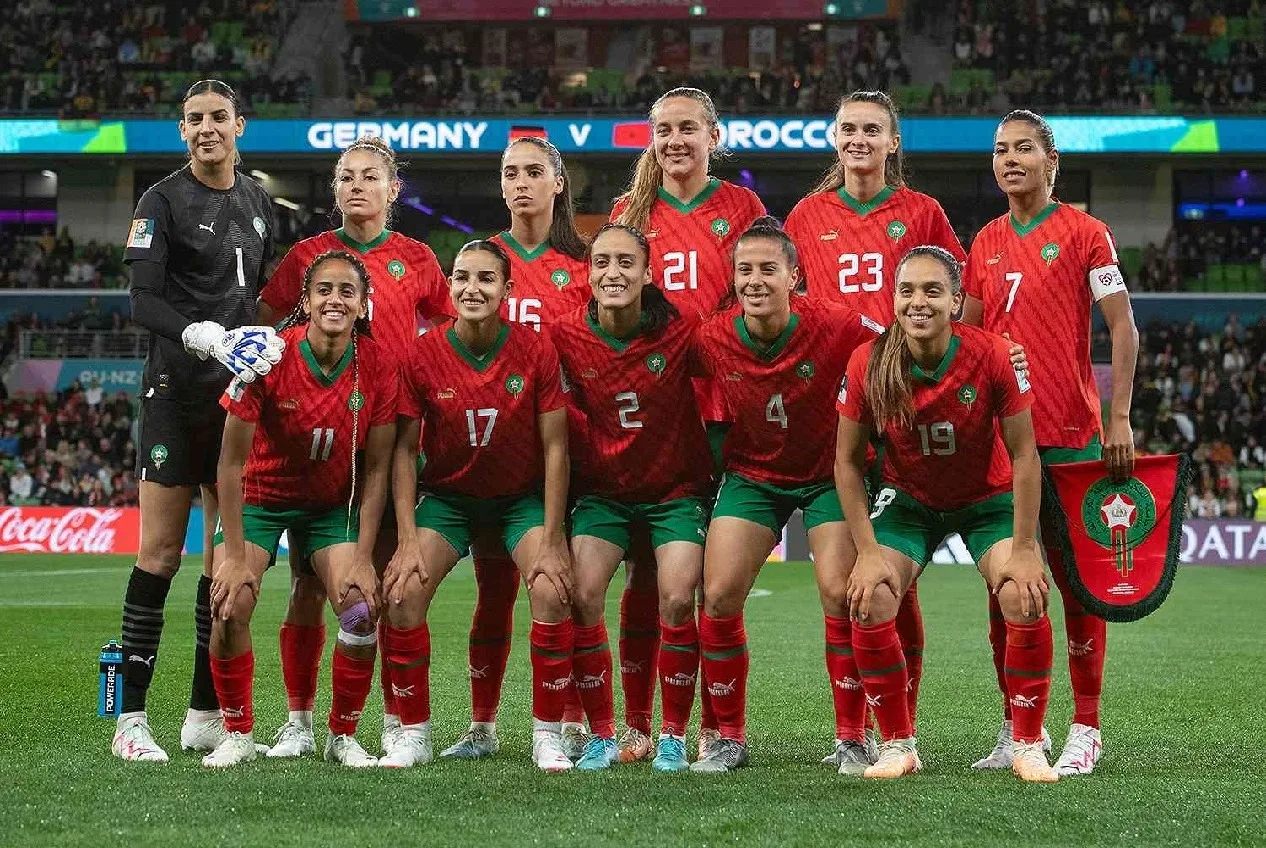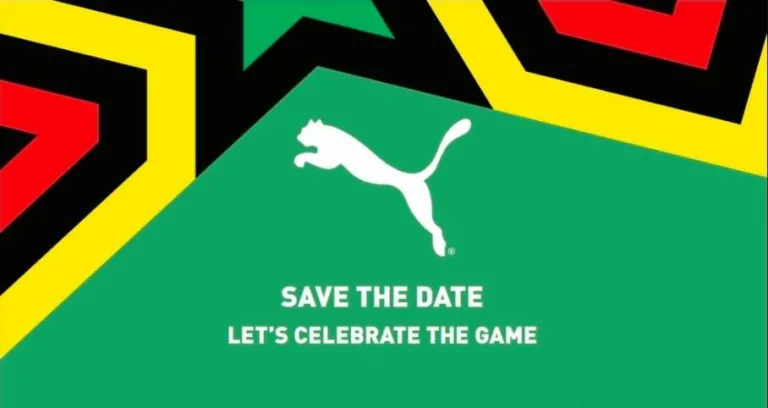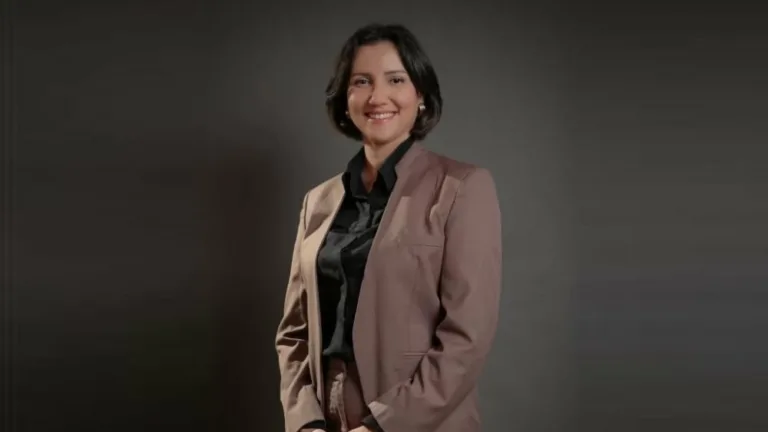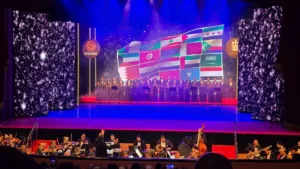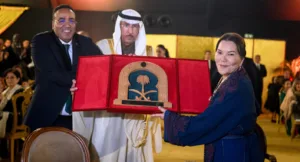Fez — Morocco’s Lionesses are entering a new phase of tune-up games designed to sharpen teamwork and test depth before a busy 2026 calendar.
Head coach Jorge Vilda set two strong fixtures that offer contrasting styles and useful data points for staff and players.
The sequence starts in Marrakech against Burkina Faso, followed four days later by a high-profile meeting with South Africa in Agadir.
First test in Marrakech
Burkina Faso bring energy and physical intensity – qualities that often push opponents to manage transitions with precision. For Morocco, the Friday match is a chance to rehearse patterns in possession and practice quick recovery runs when the ball is lost. The coaching staff are likely to rotate across the back line and midfield to fine-tune communication, especially on set pieces and rest defense.
Grand Stade de Marrakech has been a favorable stage for the Lionesses. The venue offers strong support and a surface that rewards quick passing. The match comes early enough in the window to give Vilda a clear look at form and fitness levels after recent domestic and overseas club commitments.
A benchmark in Agadir
South Africa presents a different challenge. Banyana Banyana won the 2022 Women’s Africa Cup of Nations and reached the knockout rounds at the 2023 Women’s World Cup. They combine pace in wide areas with smart movement between the lines. The Agadir game should stress Morocco’s defensive compactness and test the team’s ability to build through pressure.
For Morocco, measuring up against a recent continental champion provides valuable reference points ahead of 2026 qualifiers and tournament play. The Lionesses will look to control tempo, exploit second-ball moments, and create overloads in advanced zones. The staff may also trial situational plans, such as closing out a lead or chasing a result in the final 15 minutes.
Building on a rising foundation
Morocco’s women’s program has grown in visibility and competitive edge in recent seasons. The team’s World Cup debut in 2023 showcased resilience and organization. The current cycle focuses on deeper squad competition, sharper chance creation, and consistent defensive habits across 90 minutes.
Vilda’s selections in midfield will be closely watched. The unit’s balance between ball-winning and progression remains central to Morocco’s identity. Wide play and full-back timing also matter, particularly against South Africa’s counters. In both friendlies, set pieces could decide momentum, so delivery quality and marking discipline are likely training priorities.
Back-to-back dates in Marrakech and Agadir give supporters two opportunities to gauge the team’s trajectory. The coaching staff gain tape against two distinct opponents. The players gain rhythm, clarity, and confidence before the next milestones in 2026.

